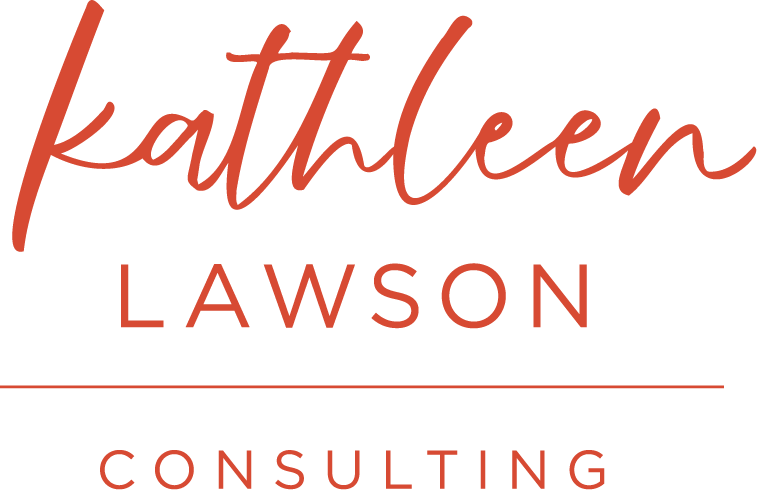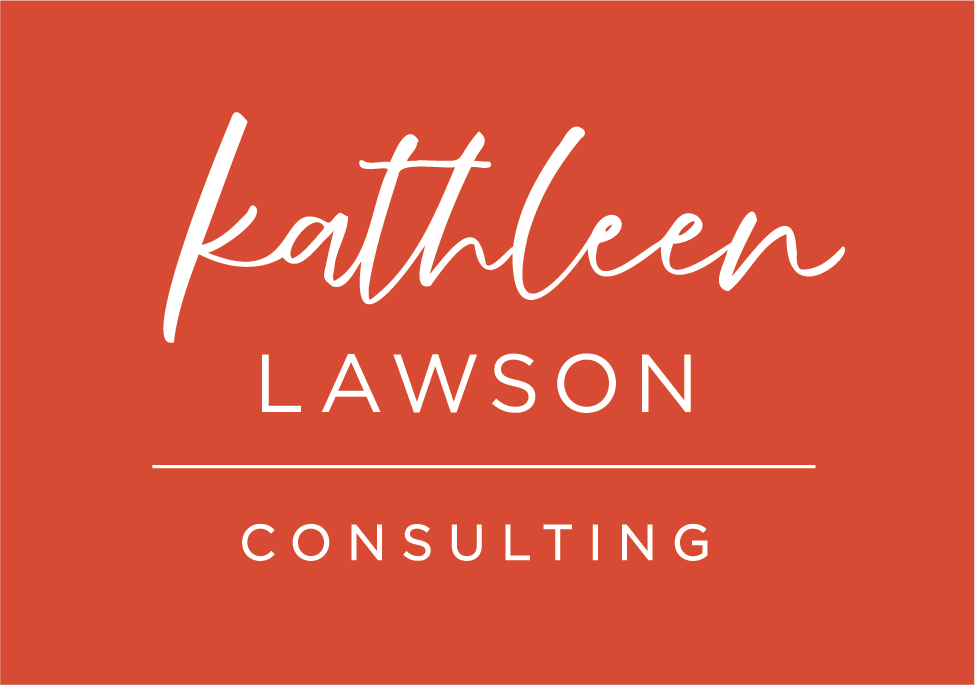Learning To Trust Yourself
When we first started out as solopreneurs, we were excited and focused on the opportunity to deliver our services. Learning to trust yourself is an essential part of being a business owner. Thanks to the mindset issues we face - imposter syndrome, self-doubt, loneliness - building self-trust can be challenging.
The list of things we have to make decisions about is always growing and repeating:
Scheduling - time to work on your business, not just in it
Boundaries - around time, scope creep, and who you work with
Pricing - making a living, charging your worth
Difficult clients - being assertive and using this as a learning experience
Managing contractors and/or employees - needs, expectations, communication.
We have these amazing skills and talents yet we look for validation, approval, and permission from others to make choices in our businesses. Even though our instincts come from our experience and knowledge, we hesitate to listen to our gut - our internal decision-maker.
Why is it so difficult for us to trust ourselves and how can we improve this?
We are heavily influenced by what’s external - the TV, phone, computer. Videos, written content, strong opinions in groups and networking meetings. It’s all day, every day, thank you technology.
Call it what you want - instinct, intuition, inner voice - you have to look internally to connect with it. (No coincidence that all those words start with “I”, as in I can decide…)
It’s never a sure bet.
It’s rare that any of us ever has all the information we want to make a viable decision, but we have what we need. You can make it with what you have, I promise. But anyone else you turn to doesn’t have all the answers, either.
When I was in grad school, the professors made us repeat a mantra constantly - “ambiguity is my friend”. This helped us establish the habit of making decisions based on the available data. Business growth requires quick decision-making, but don’t be afraid of giving yourself a night to “sleep on it” as long as you don’t let it turn into a week or a month.
Pricing.
Indecisiveness shows up a lot with pricing. One of my clients recently realized they were at the low end of the pricing spectrum and want to be higher. I’ve had other clients who intentionally priced themselves lower in the beginning. They were comfortable there and when their confidence grew, they raised their prices. It doesn’t matter what price you choose, but you have to choose a starting point.
The comparison game has no winners.
Each business owner has different clients, values, and frameworks than their colleagues. Understanding someone else’s choices might be helpful, but it’s not connected to how you make the right choices for your business.
You and your values.
Choosing values isn’t a game where you pick fun words. Making the best decisions for your business is reliant on how sturdy the framework of your values is. Business owners that invest their time in deep work at the beginning have a strong handle on their values. This results in the ability to assess situations from that perspective and make decisions.
The opposite is also true. If something just doesn’t feel right, it’s probably not in alignment with your goals. When you make a decision don’t get caught up in obsessive rethinking. Remind yourself that you already made a decision and it’s time to take action.
Tune in.
When you feel uncertain, it seems easy to look at others around you and see what they’re doing. But they are not you, and their business is not the same as yours. If you take some quiet time to listen to yourself, you’ll find that you have the best answer.
Decisions are not tattoos.
And even those can be undone. You can change pricing or your schedule. You can offer different services or break up with a difficult client. Sure, some decisions might cost money, but most are not set in stone with no way out.
Mistakes are first-hand lessons.
Trial and error can be the best way to learn. Fail quickly and head back to the drawing board so you don’t repeat your mistakes.
It’s okay to make a decision, realize it wasn’t the best, then change that decision. This is how business owners learn and get better at running their businesses. I’d love to connect and see how I can help you to better trust yourself and your decision-making skills. You can set up a time to chat here.
P.S. Ready to stop spinning in place and get to the other side of your goals? Here are several ways I can help:
Download my free resource Show Your Schedule Who's Boss - these tips and strategies will help you take control of your time. This is the first step in taking control of your business - kathleen-lawson.com/show-your-schedule-whos-boss
Join our next CEO Power Planning Session and spend two and a half hours ON your business. During this facilitated workshop, you’ll set and prioritize your next 12-week goals, break them down into an executable action plan and create a resource plan - kathleen-lawson.com/ceo-power-planning
Schedule a Laser Consult Session. This is a one-time 90-minute session for the entrepreneur who needs expert strategic guidance. Use this time to work through an idea, develop an executable 12 week action plan, streamline or create a process or system, or improve routines around daily and weekly execution. kathleen-lawson.com/laser-consult


